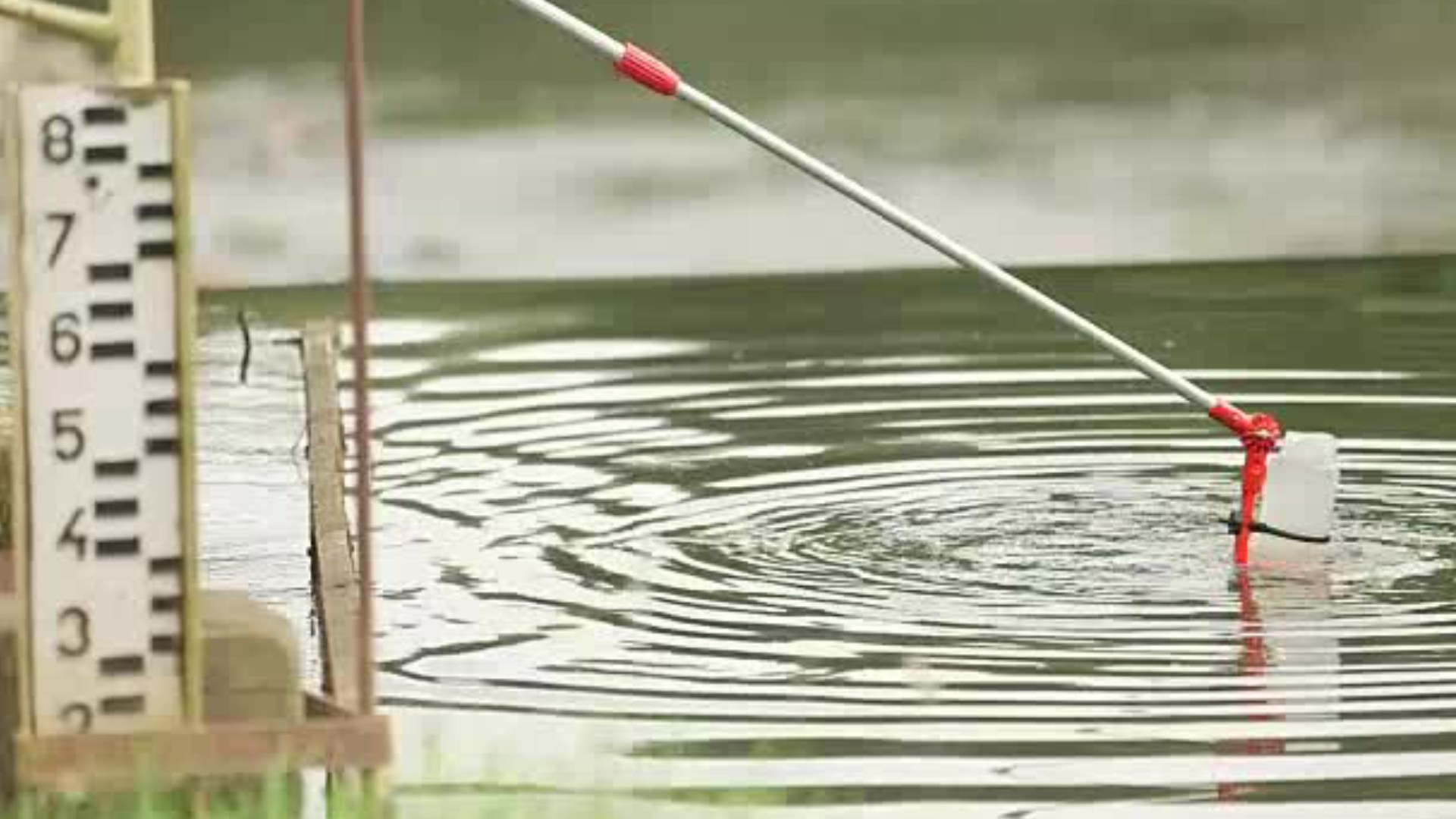Hydrologic Technicians
 Select a military branch to see samples.
No similar titles were found.
Select a military branch to see samples.
No similar titles were found.
Water Treatment Specialist
No similar titles were found.
No similar titles were found.
No similar titles were found.
No similar titles were found.
What they do:
Collect and organize data concerning the distribution and circulation of ground and surface water, and data on its physical, chemical, and biological properties. Measure and report on flow rates and ground water levels, maintain field equipment, collect water samples, install and collect sampling equipment, and process samples for shipment to testing laboratories. May collect data on behalf of hydrologists, engineers, developers, government agencies, or agriculture.
On the job, you would:
- Analyze ecological data about the impact of pollution, erosion, floods, and other environmental problems on bodies of water.
- Answer technical questions from hydrologists, policymakers, or other customers developing water conservation plans.
- Apply research findings to minimize the environmental impacts of pollution, waterborne diseases, erosion, or sedimentation.
Knowledge
Knowledge information for this career will be available soon.
Skills
Skills information for this career will be available soon.
Abilities
Abilities information for this career will be available soon.
Personality
People interested in this work like activities that include practical, hands-on problems and solutions.
They do well at jobs that need:
- Cautiousness
- Attention to Detail
- Dependability
- Intellectual Curiosity
- Integrity
- Achievement Orientation
Technology
You might use software like this on the job:
Geographic information system
- ESRI ArcGIS software
- Geographic information system GIS software
Presentation software
- Microsoft PowerPoint
Analytical or scientific software
- Datasurge GEOPRO
- Salix Applied Earthcare Erosion Draw
Education
Education: (rated 3 of 5)
Get started on your career:
Find Training
Find Licenses
Apprenticeship.gov
Job Outlook
Below Average
New job opportunities are less likely in the future.
Explore More
- Conservation Scientists
- Geological Technicians
- Hydrologists
- Water Resource Specialists
- Water/Wastewater Engineers
You might like a career in one of these industries:
See more details at O*NET OnLine about Hydrologic Technicians.





